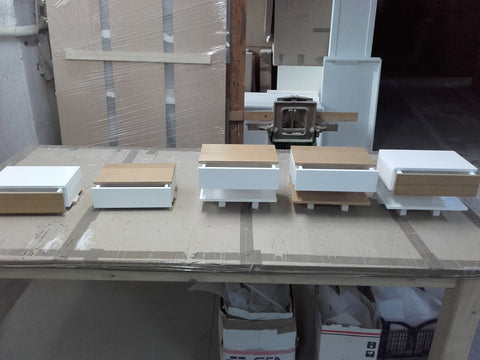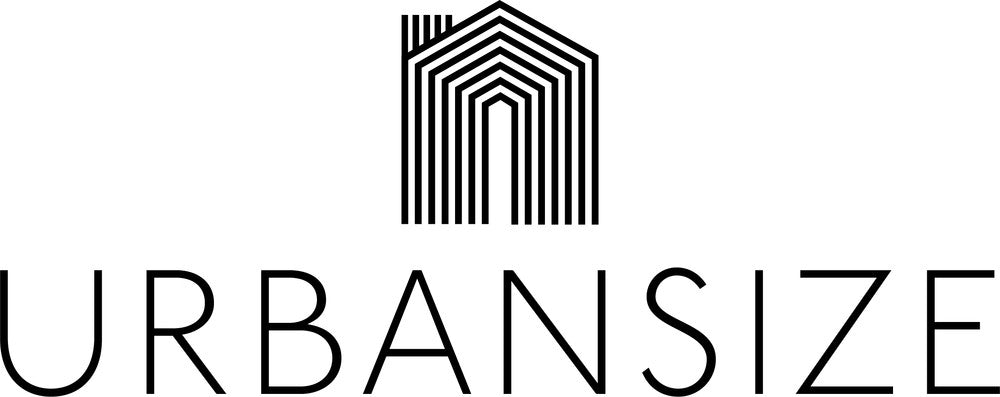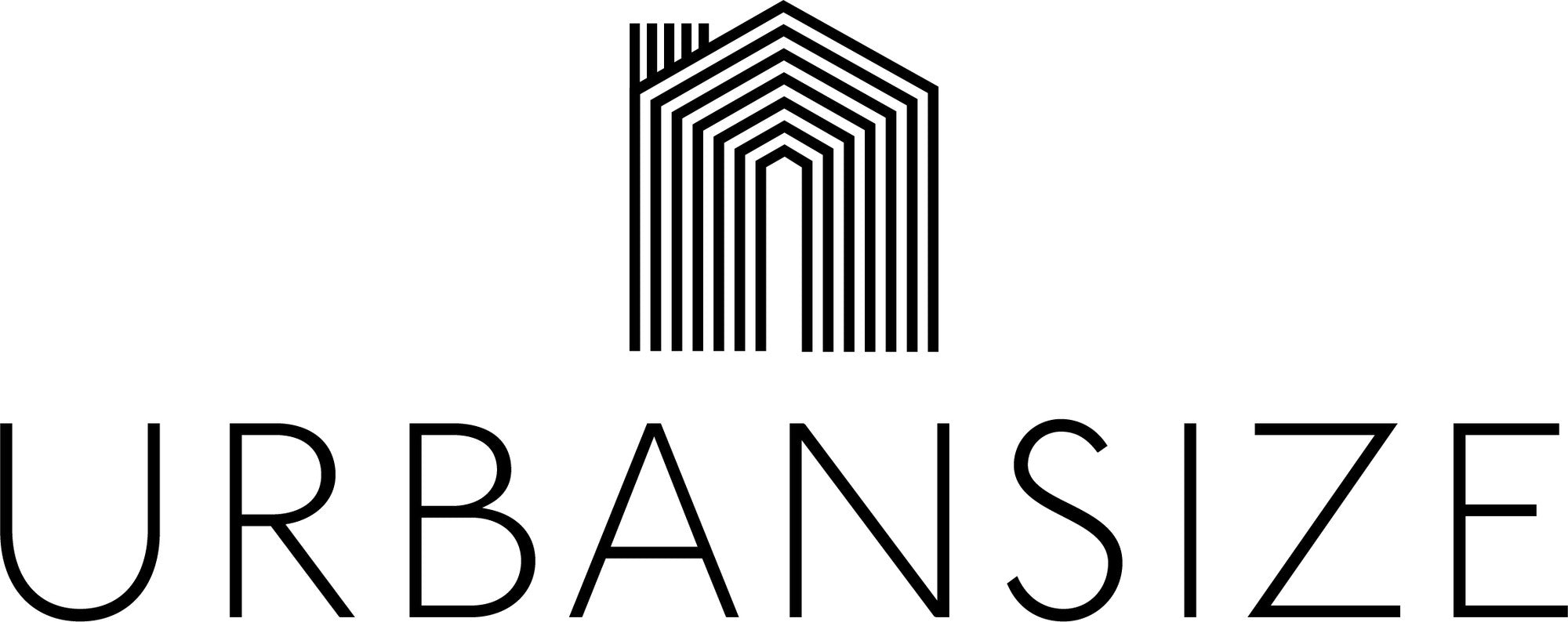How can chopping down trees be OK? The logging paradox

So you want to be a responsible consumer and make smart environment choices, but isn't logging bad?
If we need to chop down trees, how can that possibly be good?
Timber is a sustainable material because it's natural and if treated properly, or used in as natural state as possible - it is safe to live with. And when it reaches the end of it's life, it is recyclable.
The fact is, if we don't cultivate timber, the land will be used for other purposes, like cattle.
Buying wood provides a financial incentive to keep a forest a forest.
So chopping down trees can be a smart environmental move as long as it's done so responsibly.
And that's where certification comes in.
|
Why forests matter Forests provide livelihoods for more than 1.6 billion people and are home to most of the world’s plant and animal species. They regulate water supplies and local weather. They also play a crucial role for global climate by absorbing and storing carbon. |
European Wood
European wood is regulated and there are reforestation programs in place for sustainable forest management.
The EU accounts for approx. 5% of the world’s forests and contrary to many other forests around the world, the forested area of EU is slowly increasing and is an important factor in mitigating climate change.
|
FSC and PEFC
The FSC, the Forest Stewardship Council, is a non-profit organization that sets standards to make sure forestry is practiced responsibly. It’s the most widely used scheme for certification of tropical timber forests, however there is also the PEFC (Programme for the Endorsement of Forest Certification).
Deforestation and illegal logging
This is the nightmare.
Forests cover 30% of global land area according to the FSC, and a major cause of deforestation is the unregulated or illegal logging of forests, especially tropical wood forests in Asia and South America.
The environmental effects of illegal logging include deforestation, loss of biodiversity and greenhouse gas emission. The human costs are conflicts with local and indigenous populations, violence, human rights abuses, corruption, funding of armed conflicts and exacerbating poverty.
In Europe, this a huge responsibility since as a whole, the EU is the biggest consumer of timber products in the world and around a quarter are imported wood.
The EU Timber Regulation came into force on the 3rd of March 2013. It prohibits operators in Europe from placing illegally harvested timber or products derived from illegal timber on the EU market.
Standards and certifications
All timber imported into the EU has to come from verifiable legal sources which means European buyers have to show due diligence determining well documented guarantees of legality. In addition to this regulation (EUTR), there are other possible certifications pertaining to sustainability illustrated in the diagram below.

A CE marking indicates that a construction product is in conformity with its declared performance and has been assessed according to a harmonised European standard and technical assessment.
REACH prohibits toxic preservatives like arsenic, creosotes and mercury, certain oils and lacquers and chemicals used in processing e.g VOCs used in coatings.
The most sustainable certification is an Eco-label established in 1992 by the EU. ISO 14001 is a standard for multiple aspects of a business across procurement, storage development, manufacturing.
Urbansize's sustainability efforts
Sustainability is something close to our heart that drives every part of our process from design to delivery.
We don't release new products as marketing stunts simply to meet new season trends. We design carefully, aiming for a useful, durable, quality piece.
Being small, our pieces are adaptable and designed to move through life with you.

Finishing a bedside table
We only use European wood and use a great deal of hand work, meaning less heavy machinery. We don't use MDF (medium-density fibreboard) since although the components themselves are relatively environmentally friendly, the process to bind them is toxic.

Bedside tables in progress
We also don't use bleach or cellulose based lacquers. We try to keep things as natural as possible, finishing our wood in oil. All paint finishes are non-toxic water based.

Paint drying at the workshop
We are constantly trying to think small and local, also in our collaboration with other designers such as Tilly & Sage, Frazzle Florrie and Margot in Margate. Small producers are more likely to care about their suppliers, the origins and processes in their product.
What about you?
As a consumer, sustainable wood is a smart, considerate as well as beautiful design choice. Invest in quality, small and local and most importantly, stay away from tropical timber. Unwittingly buying illegal timber creates profitable markets for illegal loggers and undermines efforts to enforce forest law in exporting countries.
If you want to look further into timber regulation, or learn more about the non-profits, click on the links in this article or below.
And leave us a comment - is sustainability important to you? How are you making sustainable choices?
Illegal logging and EU regulation
Global approaches to illegal logging


